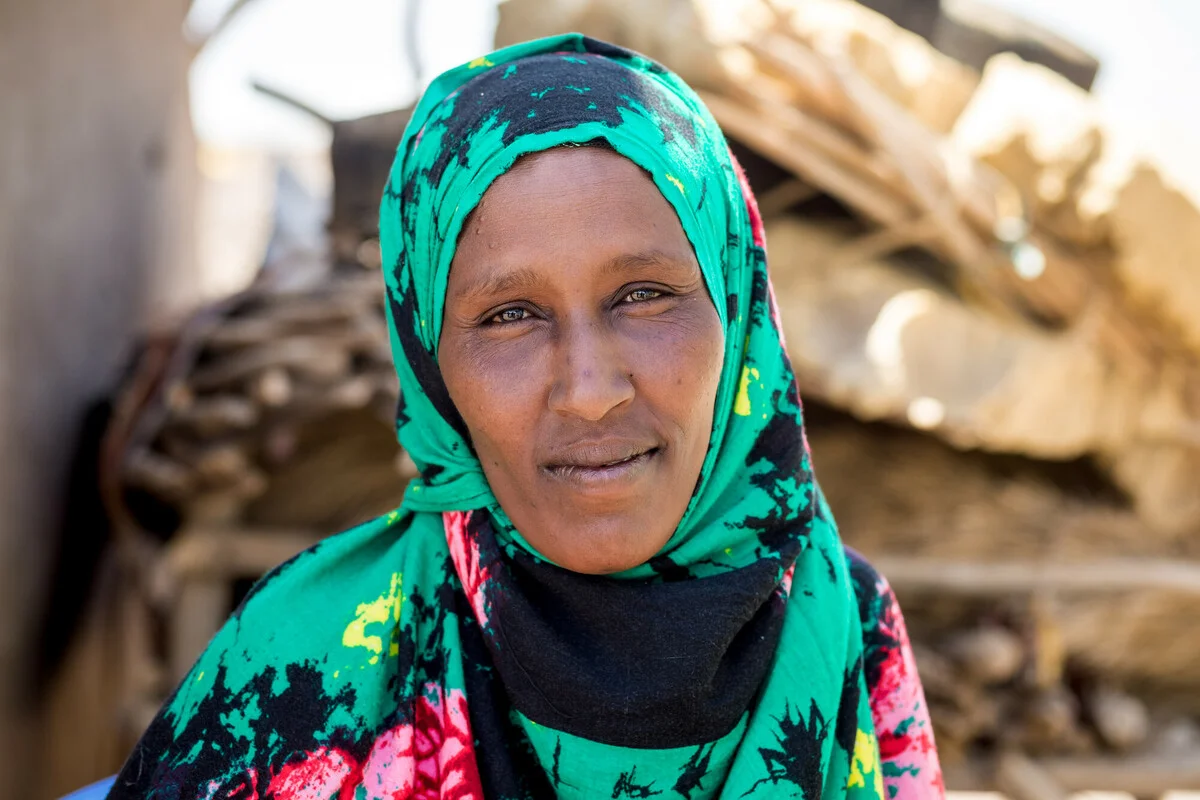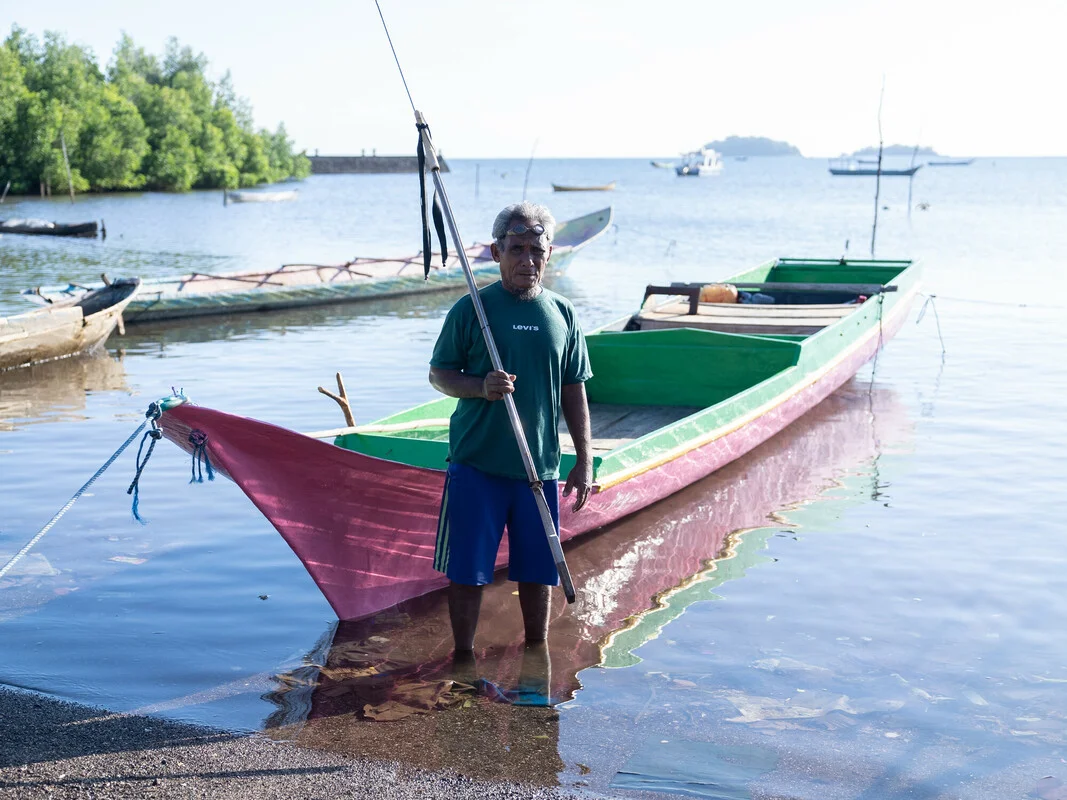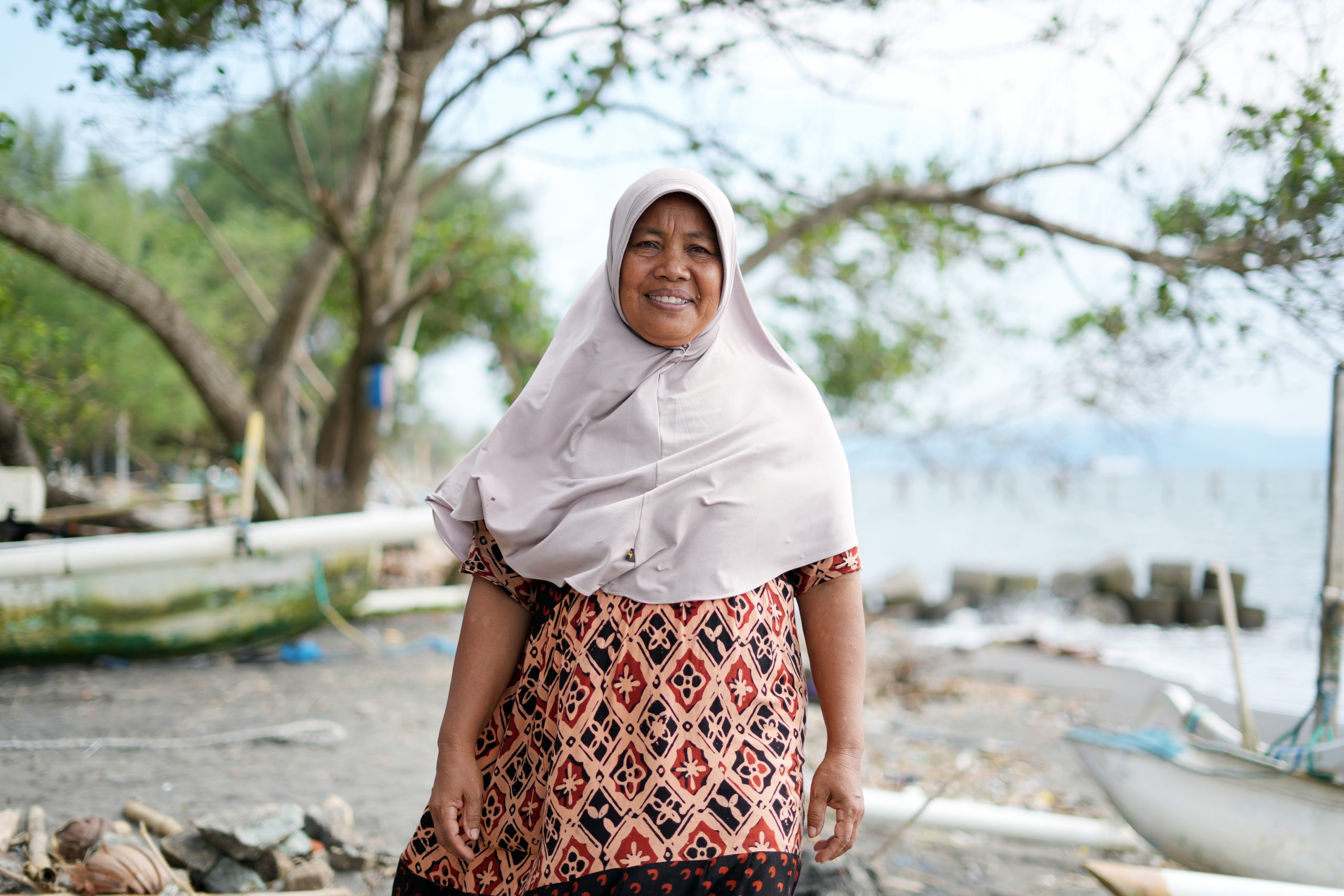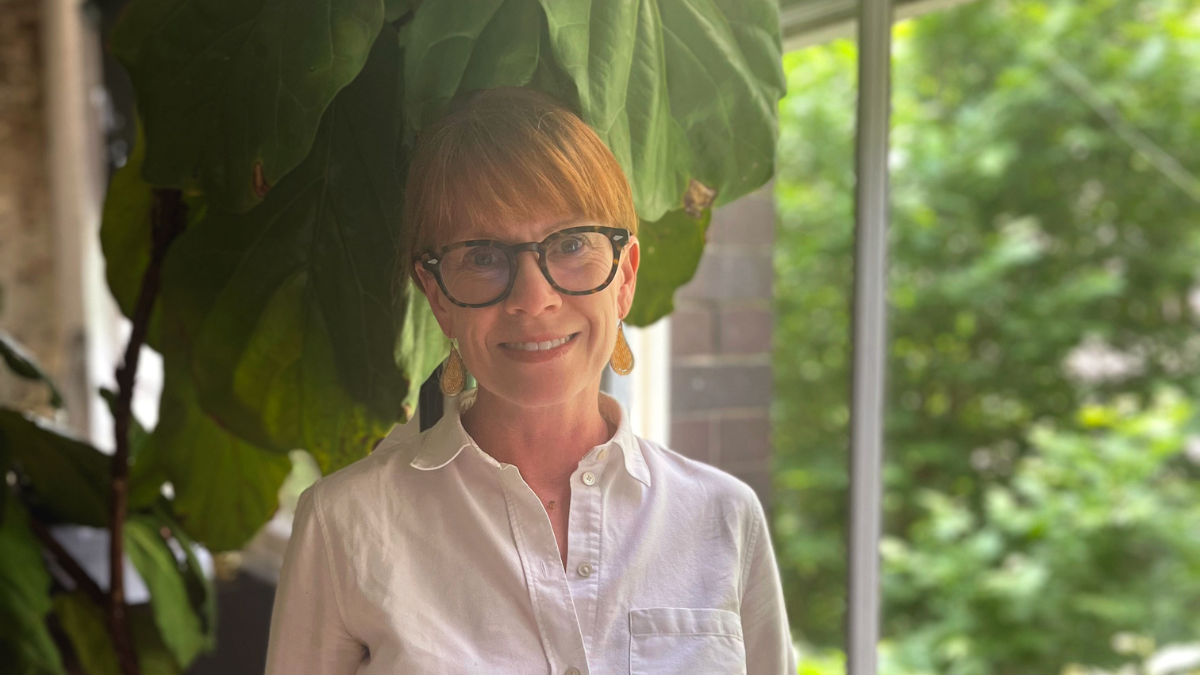Right now, the world is experiencing multiple crises, where the impacts of COVID-19, conflict, growing inequality and climate change are escalating poverty and hunger.
One in every 23 people on the planet needs emergency assistance to survive. East Africa is on the brink of famine with one person dying every 48 seconds in Ethiopia, Kenya and Somalia alone.
Oxfam has joined with 26 leading development agencies to form the Help Fight Famine Coalition. We are calling on the government to step up its humanitarian funding this 2023/24 budget to help saves lives and prevent further hunger crises.
Hunger is rising
No one should go hungry in a world of plenty. There is more than enough food in the world.
Yet the number of hunger hotspots across the world is growing, and progress to eradicate extreme poverty has halted globally. In 2023 number of people needing life saving humanitarian aid is forecast to be 339 million people, 65 million more than 2022.
In east Africa, climate change has led to years of drought that has decimated many people’s sources of food and livelihoods. This, combined with local conflict and global food price rises, is pushing the region into famine. Around 20 million children are now facing the threat of severe hunger, thirst and disease, compared to 10 million in July 2022.
Australia’s humanitarian funding is way too low
In response to the growing humanitarian need, the United Nations has called for $51.5 billion for life-saving support in 2023.
Yet globally, funding for humanitarian aid has fallen short by 44 percent over the last five years. Put simply, wealthy countries are not meeting our moral obligation to the world’s poorest people.
Australia is one of the wealthiest counties in the world, yet our humanitarian giving as a proportion of the size of our economy is amongst the lowest of developed countries.
In 2022, Australia gave half the New Zealand contribution, a quarter of Japan’s and the UK’s, and one sixth of the United States contribution as a proportion of GDP.
Australia has now given a welcome $25 million to the looming famine in east Africa. But this is a far cry from the $112 million given for the 2011 famine in the same region.
There is hope
Australia has the opportunity to scale up our support. We can join our peers in stepping up to the challenge of our increasingly unstable world.
The good news is that funding for humanitarian support has already incrementally increased over the past three years.
Recently, Pat Conroy, Minister for International Development and the Pacific said this:
We have an obligation as a human being and a society of compassionate people to lift people out of poverty…
The Help Fight Famine Coalition is calling on the Albanese Government to give generously this budget to save lives and help reduce hunger and poverty.
If you would like to help people facing famine in east Africa, please give generously here.



